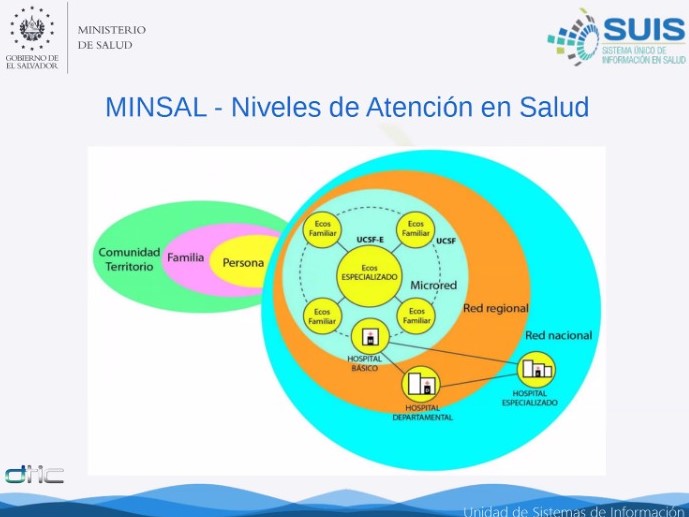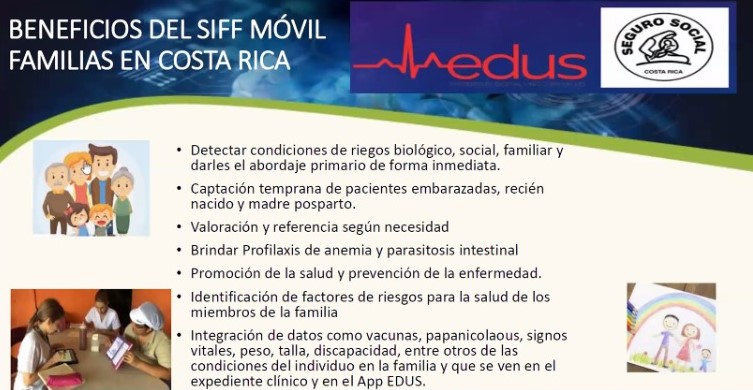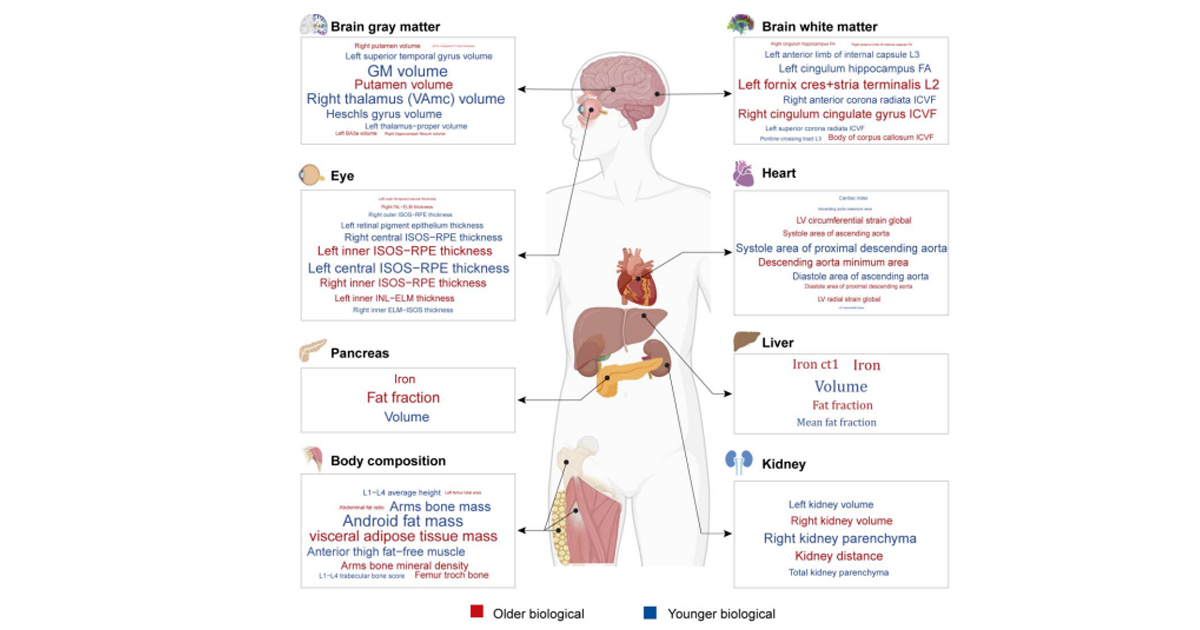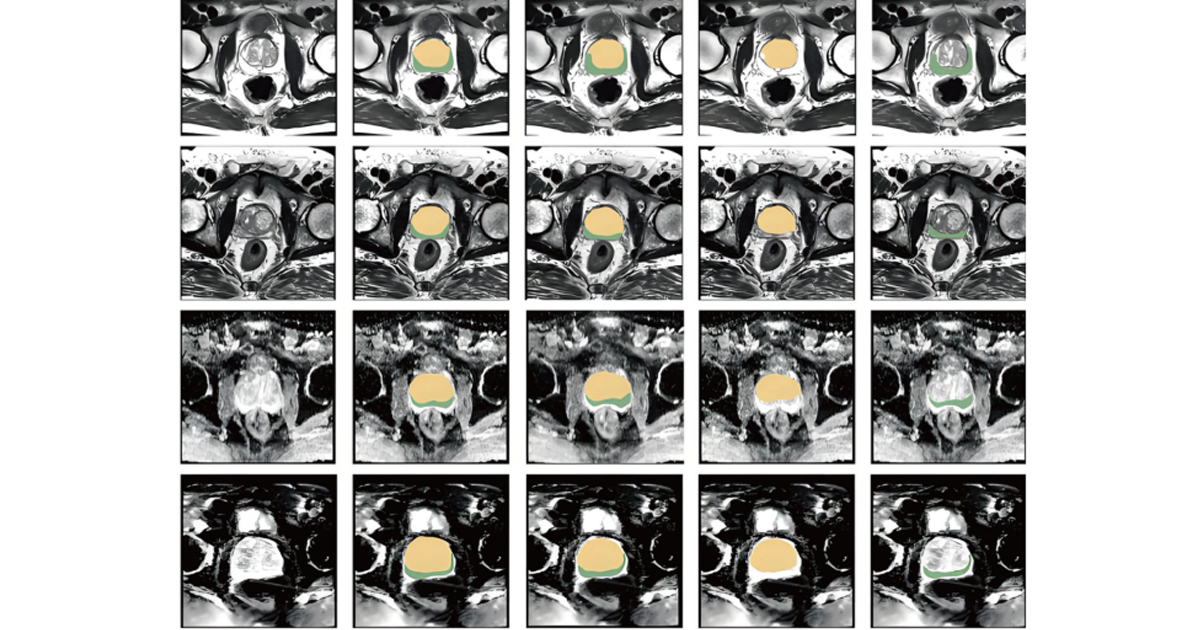América Latina se ha posicionado como referente en el crecimiento de la Digital Health enfocada en el análisis, prevención y enfermedades que puedan poner en riesgo la vida de las personas.
La cuestión de la Digital Health en Centroamérica se discutió como parte del Webinar “Estrategias de mSalud para Fortalecer la Atención Primaria en Salud” realizado por la Red Centroamericana de Informática en Salud (RECAINSA) para dilucidar las cuestiones relevantes en cuanto al acceso de toda la región a los servicios y sistemas de salud pública.
Es por eso que, específicamente en El Salvador, la Dirección de Tecnologías de la Información y Comunicación incursionó en la implementación de un Archivo Único Electrónico diseñado para recabar todos los datos clínicos de la población.
Este servicio –coordinado entre el Ministerio de Salud y el Seguro Social del país- tiene la intención de dar una cobertura universal para disminuir la brecha de acceso a sistemas de salud pública.
Ante este panorama, también ha entrado en vigor el Sistema de Información de Ficha Familiar (SIIF) con el objetivo de fortalecer el modelo de atención médica, mejorar la calidad de sus resultados e integrar tanto la parte individual como la parte comunitaria.
Por medio de un enlace entre la Red Regional y la Red Nacional, se hará uso de la aplicación digital llamada “Ecos Familiares”, en la cual, se podrán inscribir todas las familias para darles un seguimiento de su condición a través de un análisis de vulnerabilidad de riesgos.

En estos registros se apuntan las especificaciones de la vivienda, su estructura, su ubicación y los servicios básicos con los que cuenta para poder delimitar un panorama esclarecedor de su situación económica, de educación, y salud sexual.
Por consecuencia, se ha sincronizado la Ley del Sistema Nacional Integrado de Salud con el objetivo de brindar una atención médica progresiva, permanente y que utilice los recursos tecnológicos para formar una Ficha Familiar en formato electrónico.
Así nace, la aplicación web del SIFF, misma que funciona desde dispositivos móviles que utilizan un software con algoritmos que calcula toda la información de la familia a analizar y le da un seguimiento controlado al enlazar y conectar cada dato obtenido hacia un servidor central.

With this digital tool, you save time to collect everything you need and be able to group the data in the following sections:
- Módulo de Ficha Familiar: integra el expediente clínico con variables de familias y viviendas.
- Módulo de dispersión: para brindar una atención integral y completa en relación a enfermedades transmisibles.
- Módulo de mapa sanitario: identifies each establishment necessary to monitor problems and diseases.
- Módulo de Familiograma: estructura a cada familia con respecto a su organización.
- Módulo de seguimiento a mujeres: desde los 15 a 59 años para detección de embarazo, salud sexual y situaciones de cáncer.
El SIFF Móvil, permite actualizar la información en tiempo real sin importar lugar ni hora pues funciona con o sin conexión a internet.
The case of Guatemala
En Guatemala también se ha regenerado el sistema de salud pública al implementar el Asistente Técnico de Atención Primaria (ATAP), para mejorar la calidad de sus procesos.
El objetivo de éste, es brindar georreferencias a partir de mapas digitales en donde muestren las zonas de riesgo y poder acudir para otorgar un servicio oportuno, en tiempo real y accesible a todas las personas pensando en disminuir la brecha de desigualdad.
Así, el software ayudará a difundir atención médica especializada con apoyo de una infraestructura dedicada a la conectividad entre redes y el aprovechamiento de las nuevas Tecnologías de la Información y la Comunicación.
RECAINSA
https://recainsa.org/webinar-estrategias-de-msalud-para-fortalecer-la-atencion-primaria-en-salud/







